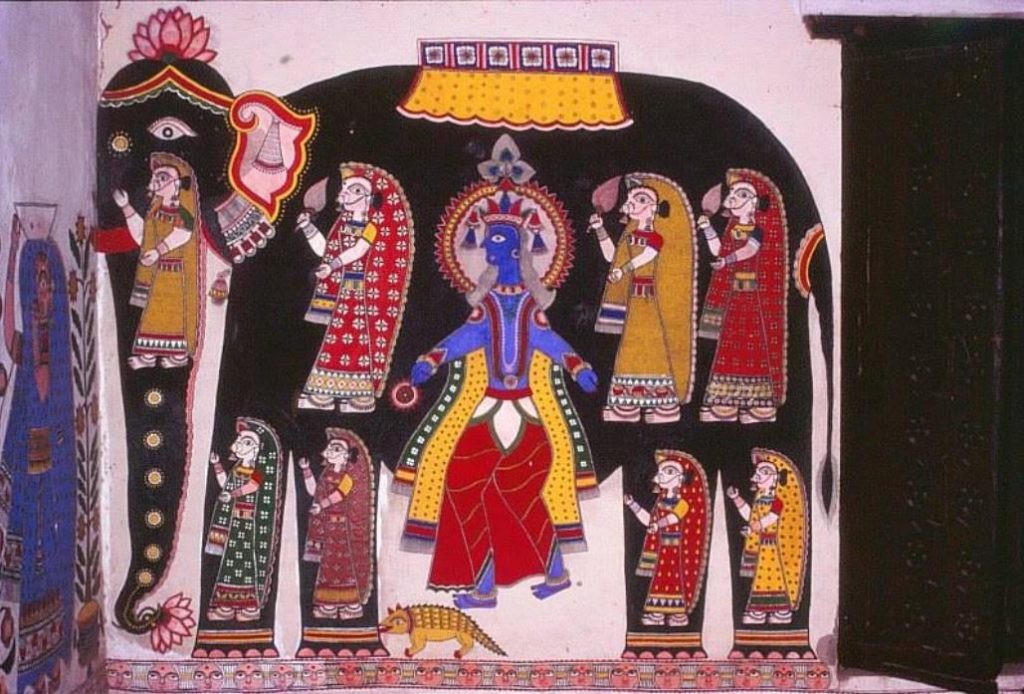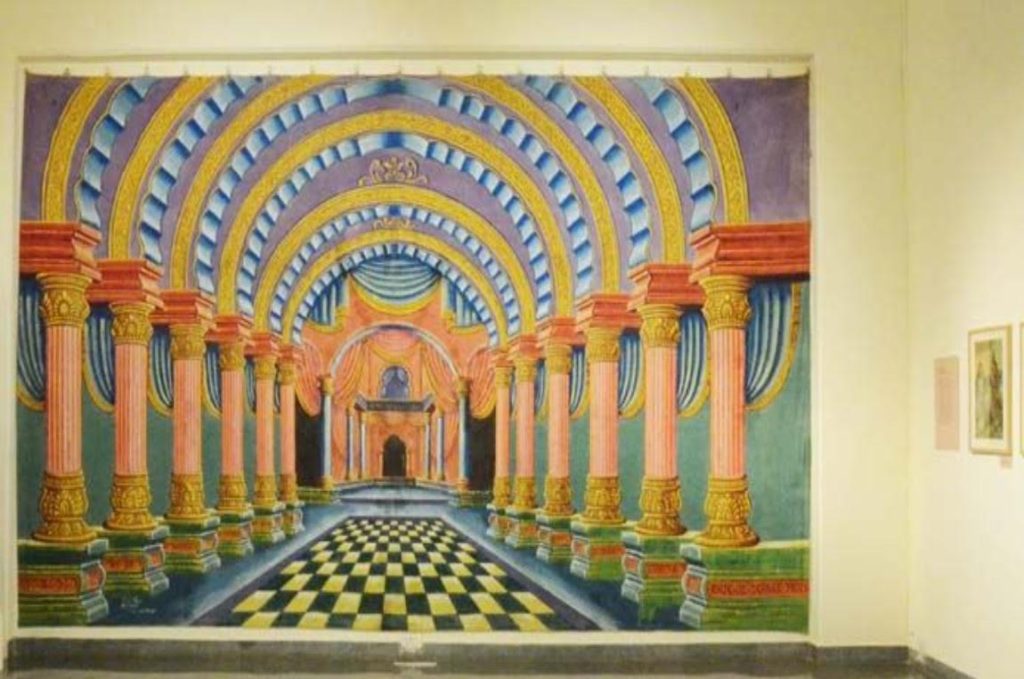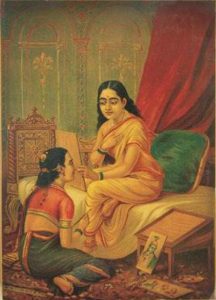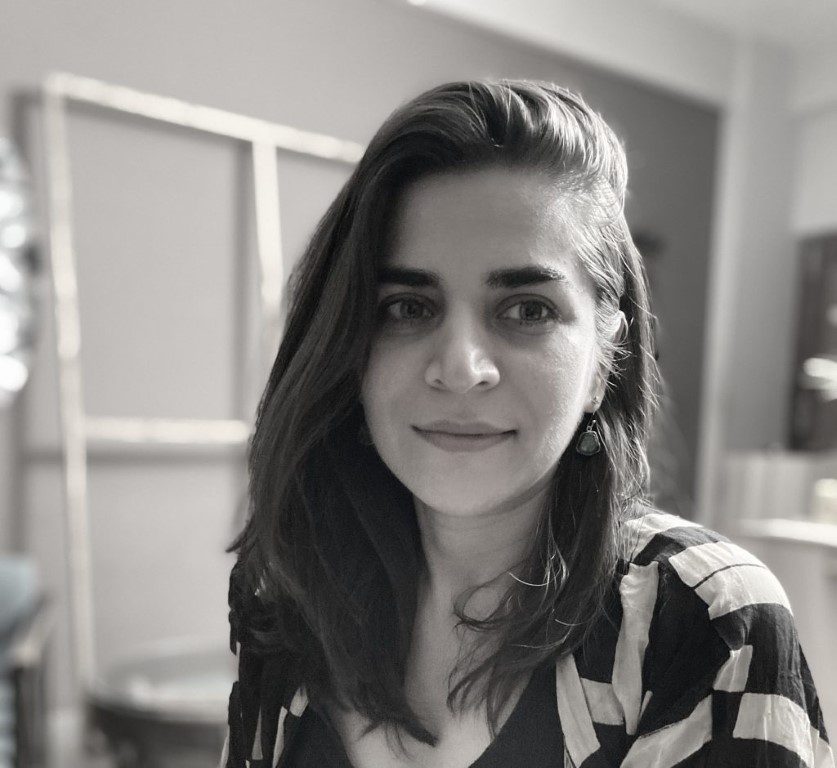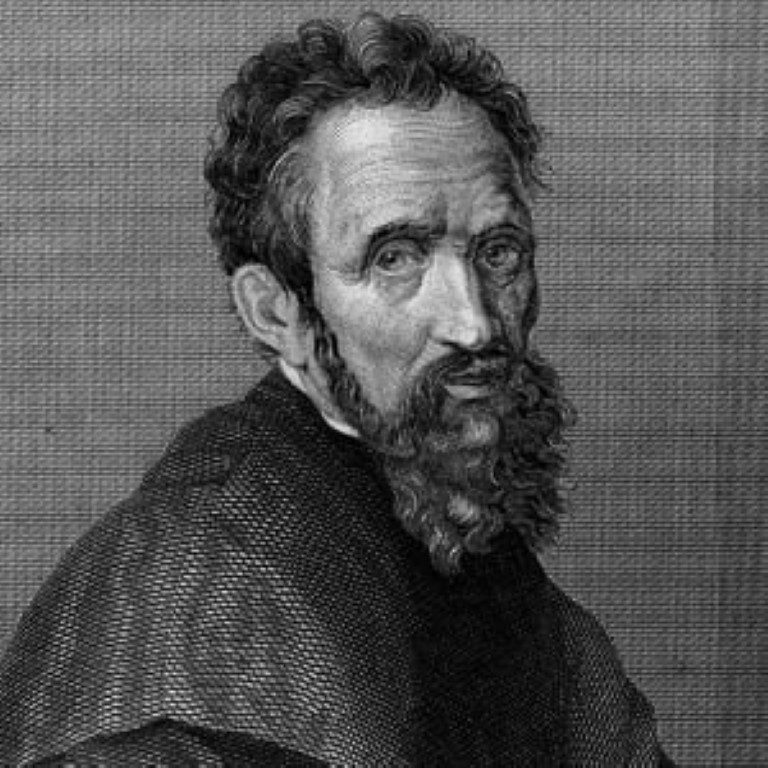Introduction:
Dr. Jyotindra Jain is a renowned Indian scholar, who has authored several articles, books and staged exhibitions on traditional Indian folk arts and cultures as well as popular visual cultures. His interest in Indian art and culture identified him as a potential and pioneering academic scholar.
Dr. Jyotindra Jain, born on June 5th, 1943, is a well-known Indian academic who has made major contributions to Indian art and culture. He is an art historian, curator, author, and scholar who is passionate about understanding and conserving India’s rich cultural history. His work has emphasised lesser-known folk and tribal art forms, fostered cultural diversity and enhanced India’s cultural dialogue. Jain’s commitment has enhanced wider awareness of India’s creative heritage and cultural diversity.
Early Life and Education:
Growing up in a culturally diverse family of Delhi, Dr. Jyotindra Jain, has always had a strong interest in art and culture. He earned his B.A. in 1963 and M.A. in 1965 from the University of Mumbai, where he specialised in Ancient Indian Culture. He received an Austrian Government Post-Graduate Scholarship (1970-1972), which enabled him to complete a Certificate in Museology from the University of Vienna in 1972, as well as a Ph.D. in Anthropology in 1972, and ethnographic field research in Gujarat, Rajasthan, Madhya Pradesh, Maharashtra, and Orissa.
For his contributions to Indian arts and culture, Jain has received numerous honours, including the Homi Bhabha Fellowship (1981-1983), the JDR 3rd Fund travel grant in New York (1979-1980), the Alexander von Humboldt Fellowship in Berlin (1972-1979), the Prince Claus Award for Culture in the Netherlands, and the Cross of Merit in Germany (1998). He is also a Tagore National Fellow and the Editor of Marg Publications in Mumbai. Jain is an Honorary Fellow of the Asiatic Society of Bombay and a member of International Advisory Board of Berlin’s Humboldt Forum.
Research interests and Publications:
Dr. Jyotindra Jain’s interest area of research studies revolves around Indian art, archaeology, and museology, specializing in popular culture, museum studies, folk and tribal art, and cultural heritage. He has worked with organizations like the Archaeological Survey of India and the National Museum, focusing on ancient artefacts and historical sites. Dr. Jain’s research on Indian folk and tribal art has established him as a visionary scholar, highlighting the beauty, complexities, and cultural significance of indigenous communities in India. His work aims to highlight the connections between art, culture, and identity in marginalized communities through their unique artistic expressions.
Dr. Jain has written extensively on Indian art, culture, and museology. His works offer insights into the societal context of art production, the significance of traditional art forms in modern culture, and the role of museums in preserving cultural heritage. His Fellowship year focused on investigating tribal wall paintings in Gujarat, which led to the publication of “Painted Myths of Creation – Tribal Wall Paintings of Gujarat.” His publications include “Other Masters: Five Contemporary Folk and Tribal Artists of India” (1998), “Ganga Devi: Tradition and Expression in Mithila Painting” (1996), “Picture Showmen: Insights into the Narrative Tradition in Indian Art” (1998), “Indian Popular Culture: The Conquest of the World as Picture” (2004) and many more.
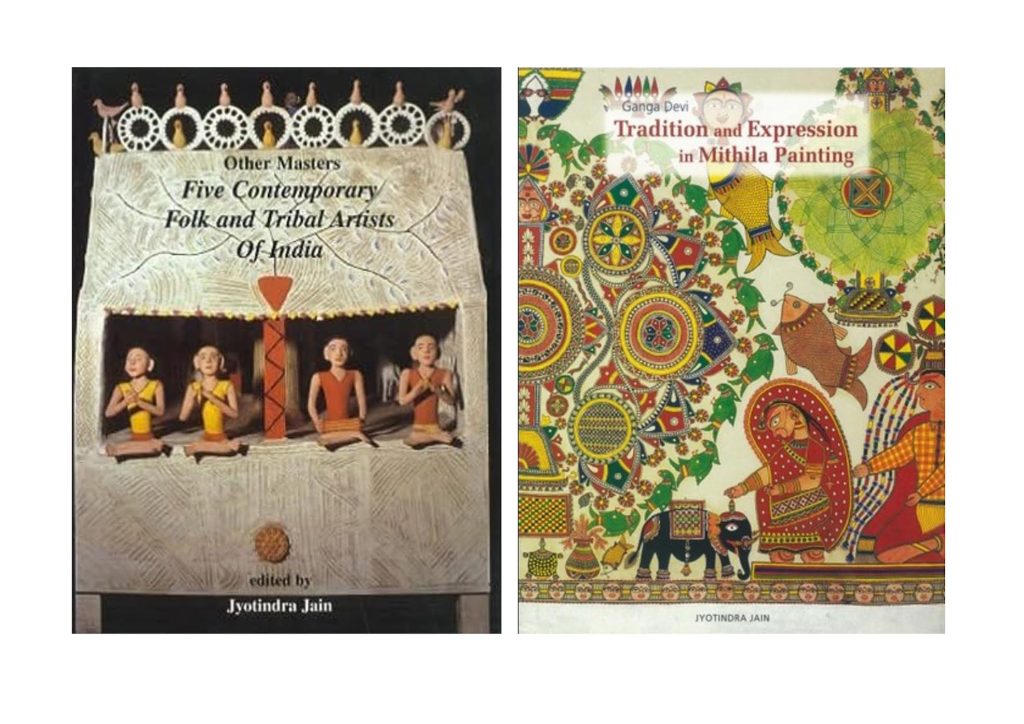 Cover pages of Dr. Jyotindra Jain’s famous publications, “Other masters: five contemporary folk and tribal artists of India” (left), “Ganga Devi: Tradition and Expression in Mithila Painting” (right), Asia Art Archive https://cdn.aaa.org.hk/
Cover pages of Dr. Jyotindra Jain’s famous publications, “Other masters: five contemporary folk and tribal artists of India” (left), “Ganga Devi: Tradition and Expression in Mithila Painting” (right), Asia Art Archive https://cdn.aaa.org.hk/
Dr. Jyotindra Jain is known for his innovative approach in museology. Having studied anthropological and art history at Vienna University, he conducted fieldwork in folk and tribal religion and travelled extensively to document Jain art in Rajasthan and Gujrat. He has been a member of various organizations, including Lalit Kala Akademi, Crafts Museum Council, Rural Technology Institute, and the Institute of Cultural and Urban Anthropology. Since 1984, Dr. Jain has focused on reviving traditional arts and handicrafts of India, including those from tribal areas. He served as director of the National Crafts Museum and coordinated the presentation of about 5000 objects and launched some of the greatest textiles, folk art, and handicrafts galleries in India.
Dr. Jain’s extensive fieldwork and encounters with artists from various regions have led to an in-depth understanding of Indian folk and tribal art traditions. His studies have highlighted the artistic talent of rural and tribal craftspeople, whose work often transcends geographical and cultural barriers. He pioneered a fellowship program that invited traditional artists and craftspeople from all over India to demonstrate their work in landmark exhibitions, creating an opportunity for artists to develop and sell their work directly without the involvement of third parties. He challenged prejudices about crafts and art, tradition and modernity, and the Indian cultural infrastructure, which only appreciates modern academically-trained artists. He prospered a different model where traditional and folk art coexist with the modern, industrial present. He was devoted to writing about and documenting folk art and artists and was an outspoken supporter of folk artists whom he considered as safeguards of traditional Indian heritage. In one such tragic incident, he condemned the bureaucratic act that completely destroyed the hand painted wall by noted Mithila artist Ganga Devi, who worked on the art piece for four months during her final years of life before it was destroyed under the guise of renovation with no authorised permission or advice.
An image from the now demolished ‘kohbar ghar’ – representation of a bridal nuptial chamber from Mithila painted by Ganga Devi (1928-1991) at Crafts Museum, Delhi, Picture Credit: Jyotindra Jain, https://thewire.in/
Curatorial Endeavours:
In addition to his academic pursuits, Dr. Jyotindra Jain made important contributions to the museum spaces by promoting an inclusive and engaging experience. He staged several shows that celebrated indigenous art traditions and bridged the gap between traditional and contemporary audiences. His creative approach created a perfect balance between tradition and contemporary, fostering debate and participation. Jain’s selected shows enabled people to interact intimately with the art and connect with its cultural roots. His attempts to create an accessible and engaging museum experience were not restricted to India. He partnered with international museums and galleries, encouraging cultural exchanges, and bringing Indian art to the global platform, developing greater appreciation and knowledge of India’s aesthetic legacy among a wider audience.
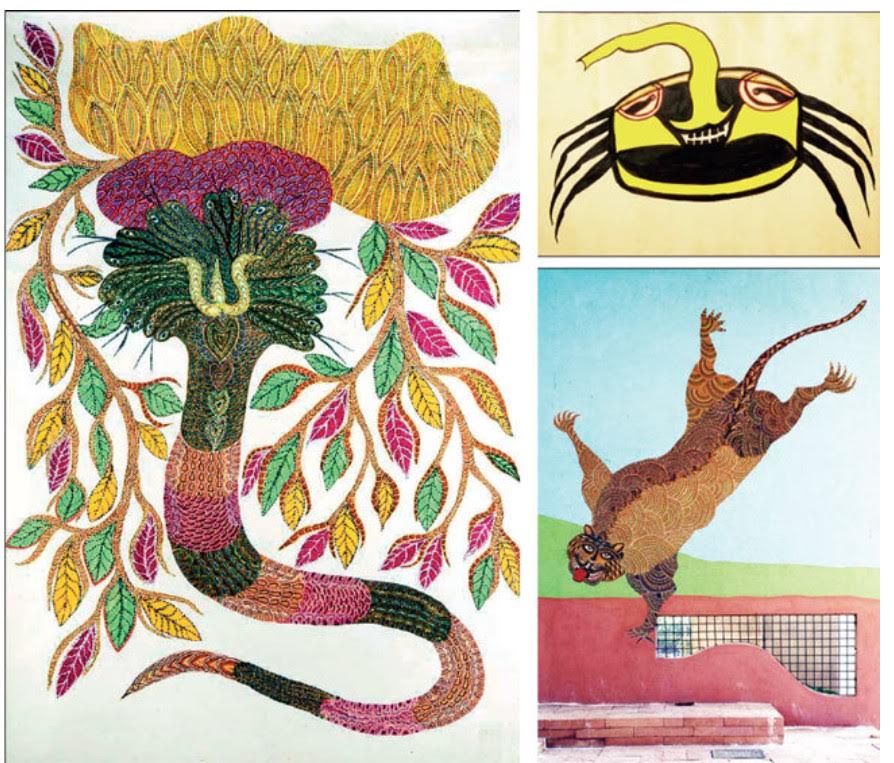
Works by tribal artist Jangarh Singh Shyam displayed at exhibition “Jangarh Singh Shyam: A conjuror’s Archive “, duration: 4th December 2018 to 11 January 2019, at KNMA, Saket, Delhi, curated by Dr. Jyotindra Jain and Roobina Karode.
Dr. Jyotindra Jain’s 2017 curatorial project, ‘Popular Visual Culture: The Conquest of the World as Picture,’ showcased popular Indian iconography in 19th and 20th-century India. The exhibition featured engravings, chromolithographs, oleographs, photographs, postcards, and film posters. It highlighted the significance of printing and mass distribution in Indian religion and worship, which boosted the independence movement and patriotism.
A glimpse from the “Popular Visual Culture: The conquest of the world as Picture,” an exhibition presented by the Sanskriti Foundation and Marg Foundation at Dr. Bhau Daji Lad Mumbai City Museum in Mumbai, curated by Dr. Jyotindra Jain, Duration 9th to 30th April 2017, https://www.printweek.in/
Academic Leadership:
Dr. Jyotindra Jain, an acclaimed academician, has had a significant impact on the careers of many young art scholars. He was a notable mentor of art history and cultural studies students at universities like, Jawaharlal Nehru University and Jamia Millia Islamia. Jain has also worked as a consultant to government agencies and cultural organisations, bringing unique insights into cultural policy-making, notably as director of the National Crafts Museum and Secretary Member of the Indira Gandhi National Centre for the Arts. Jain’s ideas emphasise the significance of increased financing and recognition for folk and tribal art forms in order to ensure its survival and relevance in modern India. His knowledge and advice have been invaluable in building programmes to protect and promote India’s cultural legacy, guaranteeing its survival for future generations.
Impactful legacy:
Dr. Jyotindra Jain is an internationally recognised Indian artist and researcher noted for his study on Indian folk and tribal art, curated exhibits, and academic leadership. His work has had a tremendous influence on the study and appreciation of Indian art and culture, inspiring pride, and awareness of India’s aesthetic heritage’ extensive variety.
“A curator can do wonders with different aspects of the museum’s permanent collection…Sadly, the relationship between museums and professional curators is that of animosity. If only we could change this, the entire system could be overhauled.” (Jain, 2010)
Dr. Jain emphasised the importance of recruiting young curators in Indian Government museums in order to enhance display quality and collections. To attract young students towards the stream, he promoted the need for a revamped museology programme encompassing conservation, museum studies, curatorial practise, management, and lighting and display. His insistence on inclusive and accessible museum experiences has resulted in a paradigm change in museum participation, making art more relevant and allowing individuals from all backgrounds to connect with their cultural heritage.
Chitralekha, Raja Ravi Varma, early 20th century, print, 50 x 36 cm, printed at Ravi Varma Press, Karla-Lonavla, Collection: Jyotindra Jain, Delhi, exhibited at “Popular Visual Culture: The conquest of the world as Picture, “April 2017, https://www.printweek.in/
Conclusion:
As an academic, curator, and advocate for Indian art and culture, Dr. Jyotindra Jain has had an enormous impact on the nation’s heritage discourse. His idea of encouraging greater awareness of Indian art through inclusive museum experiences continues to impact the field and inspire future generations of art admirers and scholars. Jain’s work acts as a beacon, pointing us in the direction of a more culturally rich and inclusive society. His unrelenting efforts have enhanced the academic environment and reinforced the country’s collective identity, motivating researchers, artists, and cultural enthusiasts to uphold and conserve India’s artistic legacy for the generations to come. His contributions serve as a reminder of the profound impact that an individual can have in preserving and promoting an Indian heritage and culture.
References:
Online Articles:
Priyadarshini Sen, 5th February 2022, “Lost in translation: a German Padmashree ignores co- authors”, Outlook India, https://www.outlookindia.com/magazine/story/lost-in-translation/289806
Reema Gehi, 20th January 2019, “Artist in the right place”, Mumbai Mirror, https://mumbaimirror.indiatimes.com/others/sunday-read/art-in-the-right-place/articleshow/67606928.cms
Krishna Naidu, 3rd May 2017, “How popular imagery shaped modern India”, Print Week, https://www.printweek.in/News/arthighlightsrolepopularimagerymodernindia-24537?amp=1
Sangeeta Barooah Pisharoty, 9th September 2015, “ An artist’s lifework painted over by the brushstrokes of Bureaucracy”, The Wire, https://thewire.in/culture/an-artists-lifework-painted-over-by-the-brushstrokes-of-bureaucracy
DHNS, 12th June 2010, “From gold to dust”, Deccan Herald, https://www.deccanherald.com/content/74968/from-gold-dust.html
Websites:
Asia Art Archive, https://aaa.org.hk/
Jaipur Literature Festival, https://jaipurliteraturefestival.org/speaker/jyotindra-jain
Museum of Art & Photography (MAP), https://map-india.org/team-member/jyotindra-jain/
Prince Claus Fund for Culture & development, https://web.archive.org/web/20100705020329/http://www.princeclausfund.org/en/what_we_do/awards/1998jain.shtml
Web Archive, https://web.archive.org/web/20100303024831/http://mumbai.mtnl.net.in/~hbfc/cv/DR_JYOTINDRA_JAIN.html
Feature Image Courtesy:
Dr. Jyotindra Jain, Image Courtesy: Tribhuvan Tiwari, Lost in Translation, https://www.outlookindia.com

Contributor



